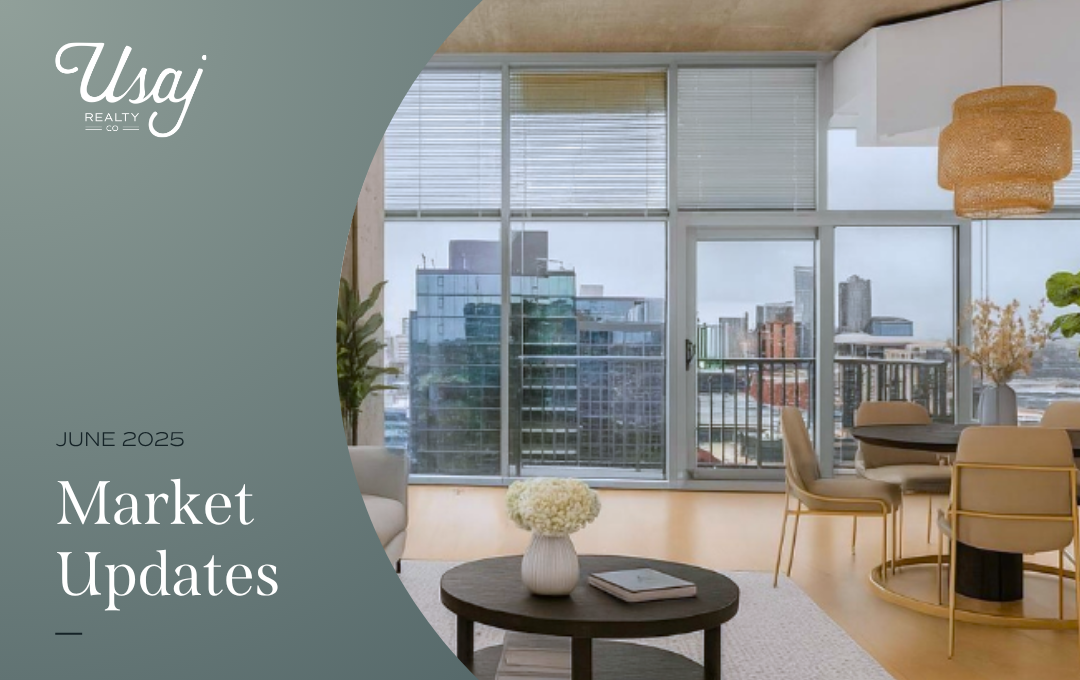It’s impossible to escape pain at the pump, in the grocery store or when trying to buy a car. Seemingly everywhere we look, we are faced with skyrocketing prices.
The latest figures state that inflation hit a 40-year high at nearly 8 percent, driven primarily by soaring energy, food, and housing prices. And, unfortunately, these marks don’t factor in the surges that have occurred since Russia invaded Ukraine two weeks ago.
According to the Financial Review, “Seeking to stem the inflation surge, the Federal Reserve is set to raise interest rates several times this year, beginning with a quarter-point hike next week.”
By raising interest rates, normally the economy starts to slow down, and demand wanes. By making borrowing more expensive, consumers, investors, and businesses are less likely to make future purchases/investments, which theoretically reduces demand in the U.S. economy. This in turn typically helps bring down or stabilize prices.
So how does inflation impact homeowners and soon-to-be homeowners?
Home Values During Inflation
Housing prices usually rise with inflation. However, we have witnessed home prices rising for nearly two years (since shortly after the onset of the pandemic), well ahead of today’s economic climate. A combination of low interest rates, record savings during the pandemic, stimulus money, and pent-up demand prompted many Americans to buy homes. Furthermore, institutional investors have taken advantage of the favorable interest rates and have purchased homes to be used as rentals.
It’s likely that homeowners will continue to see their investment appreciate. In Colorado, from the third quarter of 2020 to the same time period in 2021, the average homeowner saw their home equity surge to $75,00-$90,000, according to Keeping Current Matters. That is huge growth and a primary factor in why some people have chosen to sell their home, whether to move up to a larger home or downsize.
And whenever there is a housing shortage, like what we are seeing in Denver, your home value will increase.
Renting Has Become More Expensive/Homeownership Provides Stability
Renting a single-family home has become more pricey. Corelogic reported that September 2021 data showed a national rent increase of 10.2 percent year over year, and inflationary pressures will hit the rental market as well.
Homeownership becomes more appealing during times of inflation. Having a 15- or 30-year fixed mortgage, means exactly that – your monthly payment is fixed and doesn’t vary from year to year. Even as your equity grows, fixed-rate mortgages stay the same. And whenever there is a housing shortage, your home should still appreciate in value.
While some variables remain with homeownership – property taxes, energy, and utilities, upkeep, insurance, etc. – knowing that your mortgage will remain constant is an advantage during times of uncertainty.
Conclusion
It’s common knowledge that tangible assets, like real estate, hold their value during inflationary periods. According to Investopedia, “Real estate is a popular choice because it becomes a more useful and popular store of value amid inflation while generating increased rental income. Investors can buy real estate directly or invest in it by buying shares of a real estate investment trust (REIT) or specialized fund.”
Tangible assets, like real estate, hold their value during inflationary periods.
Despite rising interest rates on the horizon, continuing lack of home inventory in the Denver area and rising home prices, people have not been deterred in trying to find homes to buy. According to the Denver Metro Association of Realtors, “A recent Gallup Poll rated real estate as the best long-term investment for eight years in a row.”
February stats from DMAR show that the median home price in the Denver metro area clocks in at $540,000 (attached and detached homes) and the average number of days on the market is 20. Many homes are closing at 10-22 percent above asking price, and the best offers also include limited home inspection and some kind of appraisal gap language.
Homeownership has never been more valuable. DMAR projects that homes will appreciate at least 10 percent, and as a result, waiting to buy is becoming more costly and with low inventory, more challenging.
Whether buying or selling, Usaj Realty is dedicated to helping you stay competitive. Your Usaj Realty broker will communicate effectively, understand your goals, work closely with you to negotiate the best terms possible, and expertly manage your transaction from start to finish, ensuring peace of mind. Email us at info@usajrealtystg.wpenginepowered.com or call 720.398.2999.




